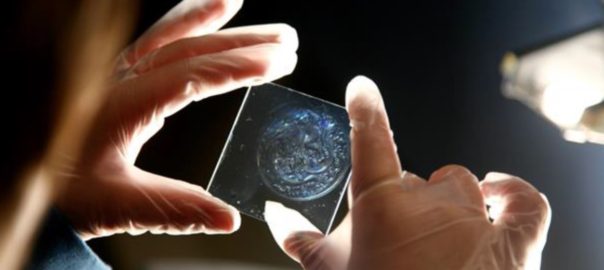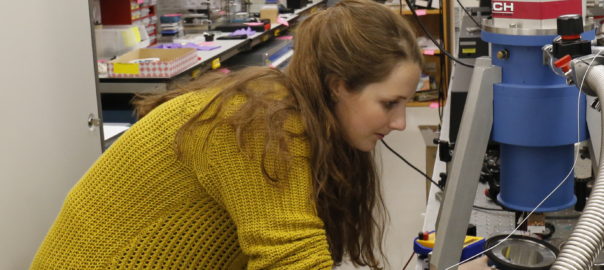Over 80 academics, careers professionals and industry representatives joined SEPnet and WRIPA’s webinar on embedding employability to discuss the mobility of physics graduates’ and how to develop their career-ready mindset – particularly in the current challenging climate.
Presenters included Brooke Storer-Church of Office for Students, Charlie Ball of Prospects; academics Al Buckley at University of Sheffield, Mike Edwards at Keele University, Sinead D’Silva from Universidade de Lisboa and Samantha Pugh at Leeds. Professor Sir William Wakeham chaired the event. The presenters were joined by a panel of employers – Rikki Douglas, Ultra Energy; Adrian King, AWE; Riham Satti, MeVitae and Bill Stafford, BAE Systems.
Some of the key points arising from the discussion included:
• Hard to fill graduate roles persist in programming, software development and engineering and this is not expected to change post-COVID-19.
• Employers report graduate vacancies are hard to fill due to candidates lacking technical/practical skills including complex problem-solving skills; complex numerical or statistical skills and role-specific specialist skills. High-level communication skills was also highlighted as an area where STEM/physics graduates need to improve.
• Approximately 85% of physics students study within 100km of home and about 65% end up working within 20km of home
• ‘Physics Stayers’ do really well in terms of graduate-level work. (A ‘Stayer’ travels to a different region from their domiciled address to study and remains in the same region to work).
• “Science ego” (a combination of science capital (influences at home), feeling of belonging and knowledge that studying physics makes you highly employable) can work against students who feel they do not have to work on their employability skills.
You can view the presentations here: D’Silva and Pugh-WRIPA_SEPnet 23 July SEPnet WRIPA Storer-Church MEdwards Presentation Slides WRIPA presentation_AB SEPnet 230720_Charlie Ball
A fuller report will be made available to attendees at a later date. For more information contact employerengagement@sepnet.ac.uk


